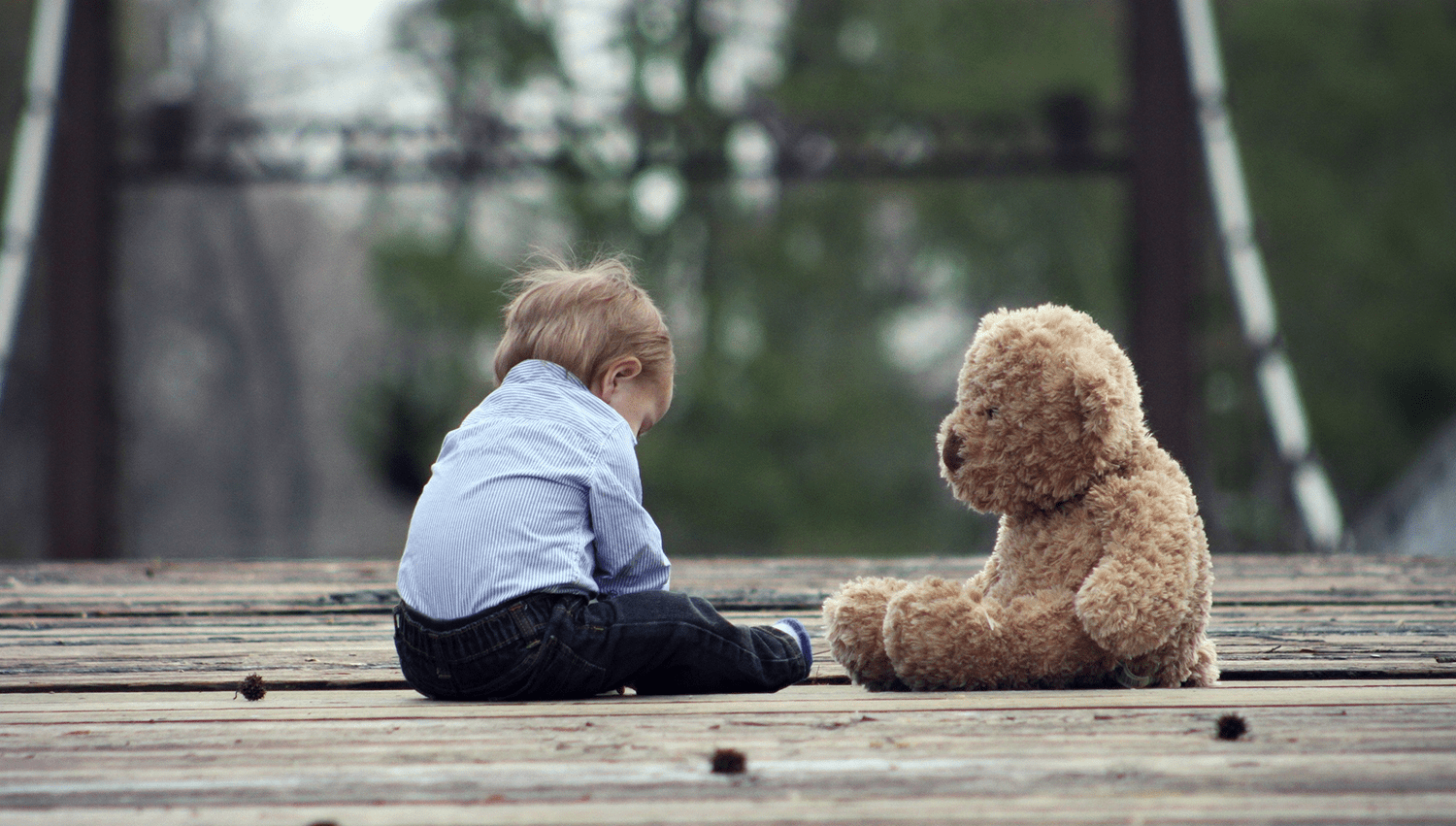
Oprah: A New ACEs Champion
Oprah Discovers ACES!
Oprah has become a passionate champion for broadcasting the alarming impact of ACEs (Adverse Childhood Experiences). ACEs refers to the profound long-term impact that traumatic childhood experiences have on health and well-being. One could hardly find a more beloved TV/movie personality and billionaire to champion this long-overlooked cause! In a recent segment on the 60 Minutes television series.

Oprah exclaimed that this new understanding of ACEs has changed her life, changed her business practices and philanthropic work and changed the way she sees everyone she encounters in the world. She hopes her 60 Minutes story will start a cultural revolution in the way non-profit organizations approach the children, families and individuals they are serving. Oprah now believes that when working with those who’ve experienced ACEs, “unless you fix the trauma… the hole in the soul where the wounds started, you’re working on the wrong thing.”
The Centers for Disease Control and Prevention has compiled national data from annual, state-based telephone surveys and found that nearly two-thirds of the surveyed adults reported at least one ACE, and more than one in five adults reported three or more ACEs. As discussed in previous KIPS Blogs, this is a startling public health issue affecting the lives of children and parents. Research shows as the number of ACEs increases, there is corresponding increased risk of negative health (e.g., asthma, depression, diabetes, heart disease) and well-being outcomes (e.g., low education, unemployment, low income, early death).
[Link for graph :https://www.cdc.gov/violenceprevention/acestudy/ACE_graphics.html]
To help us understand the long-term impact of ACEs, Oprah took viewers to Milwaukee, Wisconsin where she grew up in an impoverished neighborhood and experienced loss of her mother and abuse as a child. She visited with clients and staff of two Milwaukee organizations that have extensive training and practice in trauma-informed care. SaintA offers family-centered therapeutic and support services and the Nia Imani Family Center offers long-term transitional housing and life skills training for women and their children. Their stories of pain, courage, strength and resilience are heartening.
Profound Long-term Impact of ACES Points to the Need for Prevention
To help us devise prevention strategies for children currently experiencing adverse events, Child Trends has released a new report on the ACEs of children from birth through 17 years based on national data collected in 2016 with parent/guardian surveys. It documents national statistics on 8 ACEs: parent divorce/separation, witnessing household violence, being a victim of violence, parent substance abuse, parent mental illness, parent incarceration, parent death, and economic hardship. The data are compared by state and race and ethnicity. Highlights show that 45% of U.S. children have experienced at least 1 ACE, with economic hardship and parent divorce or separation being the most common. The prevalence of other ACEs (e.g., parent incarceration, parent death) varies by state and by race and ethnicity. Black and Hispanic children are more likely than White or Asian children to have experienced at least 1 ACE, while the prevalence of ACEs is lowest among Asian children.
During the 60 Minutes segment, Oprah interviewed Dr. Bruce Perry a world-renowned psychiatrist who specializes in child trauma research, training and care. Dr. Perry explained that children are more sensitive to trauma than adults. For children who experience chaos, violence, neglect, or other ACEs, their brains become wired differently from children with nurturing homes and environments. The long-term impact of ACEs is greater risk of poor school achievement, mental health problems, and difficulty forming relationships.
The good news is that children are more malleable than adults to healing and resilience after experiencing trauma. According to Dr. Perry, forming positive relationships are the key difference in whether a child can become resilient and thrive later in life. A relationship in which one feels trusted, valued and loved can counteract trauma. Everyone needs somebody who helps him/her get through the trauma and develop coping strategies to build his/her physical and mental health and a positive lifestyle. For Oprah, this was her 3rd grade teacher in school.
It’s especially valuable for those who routinely have contact with children and families to have training in trauma-informed care. Responsive parenting can be important in shielding the developing child from ACEs. When the parent is incapable of such parenting, others can work together to provide the care the child needs; including grandparents, foster parents, kin, teachers, childcare workers, pediatricians, nurses, home visitors, social workers, mental health specialists, case managers, police, and judges. Trauma-informed care training supports service providers to acknowledge the effects of trauma, recognize its symptoms, respond with caring and thoughtful practices, and avoid inflicting further trauma. Traumatic events happen to folks from all walks of life and in every community. We all need to learn to ask, not what’s wrong with this child or parent, but what happened to this child or parent? Tools can guide those working with the parents or caregivers to help build the strong responsive relationships that all children need. The need for children with ACEs is even greater and the use of tools even more important. Observational parenting assessments such as KIPS can provide objective insights into the caregiver-child relationship and guide improvement so the child’s needs are met. By tailoring our services to match the parent-child interaction needs we can best promote a strong bond and lessen the impact of trauma.
